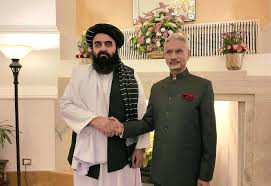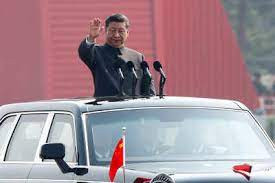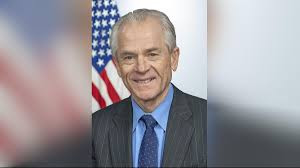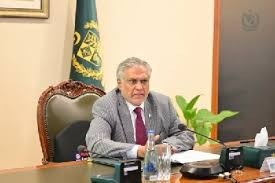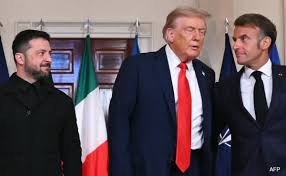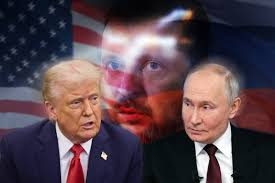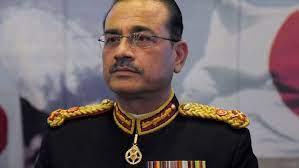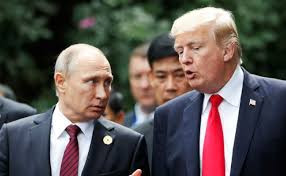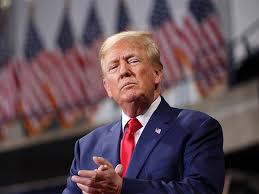Trump ‘Miffed’ Over Being Ignored on India-Pakistan Truce, Ex-Envoy Says — US Tariffs Partly Driven by Personal Grievances
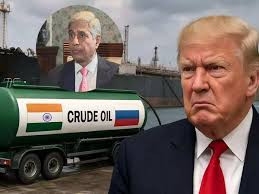
IIE DIGITAL DESK : August 14, 2025, former diplomat Vikas Swarup told ANI that one reason behind the United States’ punitive tariff measures on India is former President Donald Trump’s displeasure that New Delhi did not credit him for a ceasefire between India and Pakistan following the May clashes. Swarup argued that Trump believed he had played a mediating role in the lull in violence and was upset that India neither acknowledged nor thanked him for that claim, a grievance that helped fuel tensions between Washington and New Delhi.
Swarup outlined a three-part explanation for the tariff move: India’s continuing membership of BRICS, which Trump reportedly views as an “anti-American” bloc exploring alternatives to the dollar; India’s refusal to publicly endorse Trump’s claimed role in the ceasefire; and India’s reluctance to accede to Washington’s demanding trade terms on agriculture and dairy. He warned that bowing to such pressure would only encourage more aggressive demands, calling it a strategic error to “cave in to a bully.”
The tariffs themselves have come in two stages this summer — an initial 25 percent levy announced in July followed by an additional 25 percent, taking the effective duty on many Indian exports to 50 percent. Washington has framed the duties in public statements as a response to India’s continued purchases of Russian oil, but analysts and Indian officials point to a mix of geopolitical and personal factors behind the escalation. The new duties threaten labour-intensive sectors such as textiles, gems and jewellery, electronics and marine products, which together account for a large share of India’s shipments to the US.
Indian officials and military spokespeople have denied that Trump played a mediating role in the May ceasefire, saying the de-escalation was the result of bilateral military channels and on-ground decisions rather than external brokering. Swarup stressed this point in his interview, arguing that New Delhi’s stance was consistent with how the episode actually unfolded and that India should not be pressured into inventing credit to appease a foreign leader.
Beyond the immediate diplomatic quarrel, experts warn the tariffs could reshape India-US ties and have material economic consequences. Commentators note that the measures weaken the political constituency in India that favors closer alignment with Washington, while emboldening voices that advocate strategic autonomy and deeper engagement with partners like China and Russia. The combination of punitive trade action, bilateral friction over geopolitical moves, and the personal style of diplomacy that characterised the Trump White House has created a brittle phase in what has been a steadily strengthening partnership for decades.
According to Vikas Swarup and multiple media analyses, the US tariff episode cannot be explained by trade policy alone: it is a tangle of geopolitics, personal grievance, and hard bargaining that now places both economic and strategic pressure on India.
You might also like!


